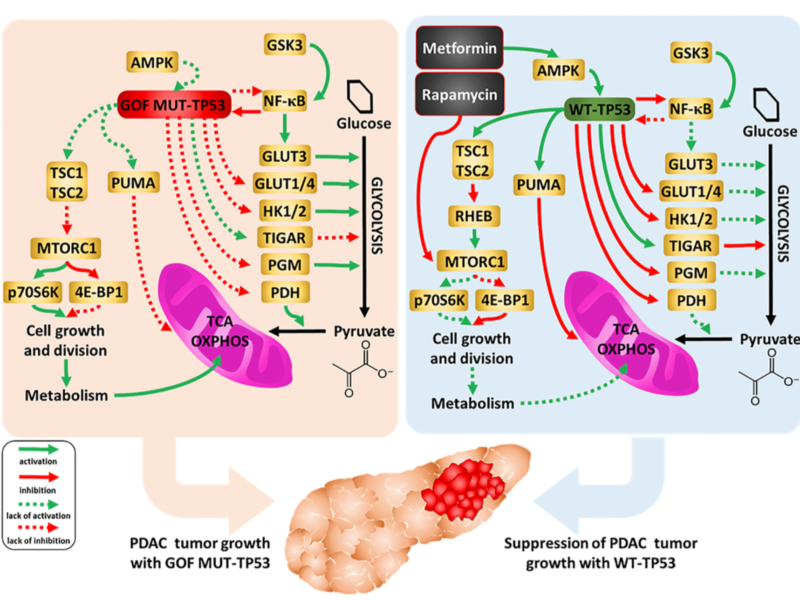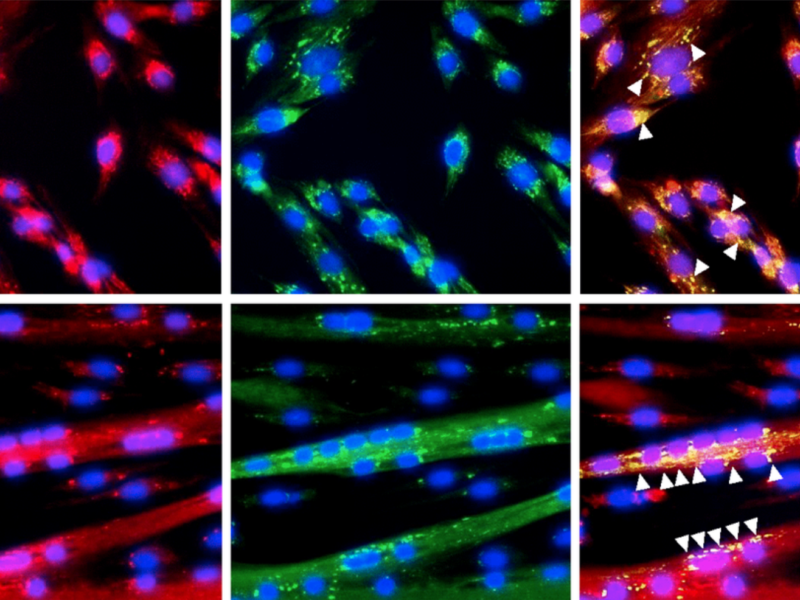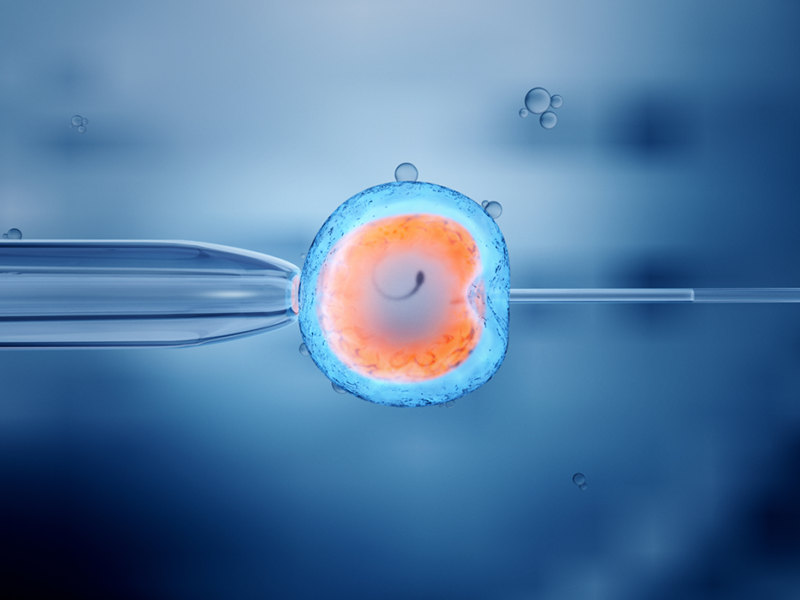In Aging’s Volume 14, Issue 8, cover paper, researchers found that the restoration of wild-type TP53 decreased pancreatic cancer cell resistance to various drugs, including rapamycin.

In Aging’s Volume 14, Issue 8, cover paper, researchers found that the restoration of wild-type TP53 decreased pancreatic cancer cell resistance to various drugs, including rapamycin.

Researchers investigated the mitochondrial protein GRSF1 for its role in the physiology of skeletal muscle aging.

Researchers investigated the effects of injecting platelet-rich plasma in women with a poor ovarian response to in vitro fertilization (IVF).